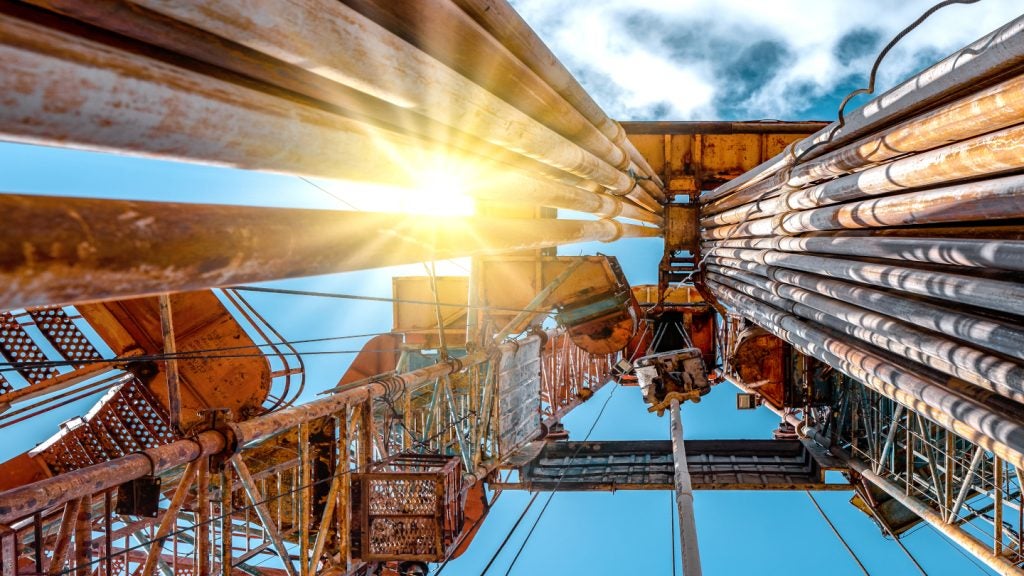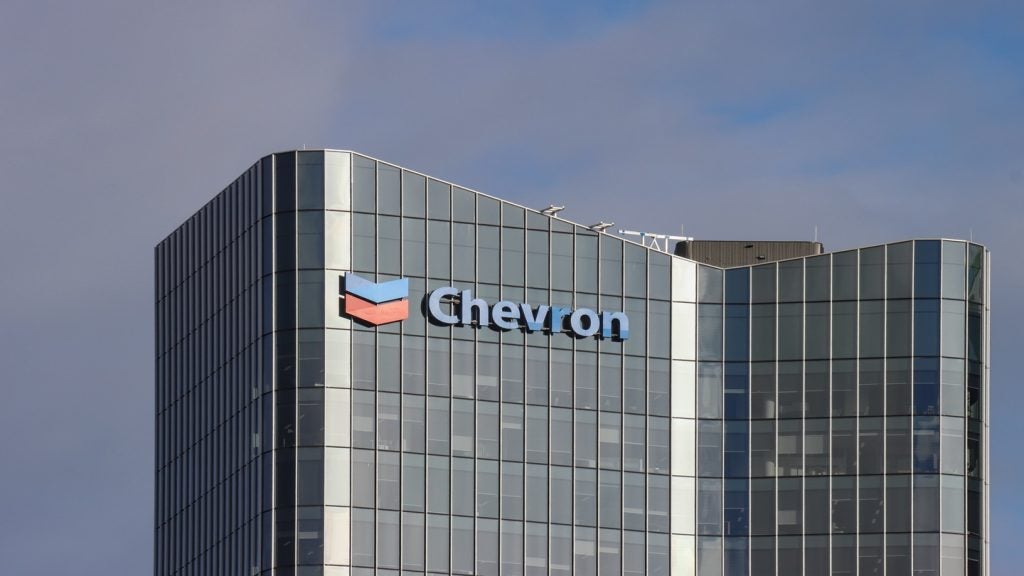US operator APA, formerly known as Apache, has announced its intention to exit the UK North Sea by 31 December 2029, attributing the decision to “uneconomic” regulations and energy tax hikes imposed by the UK Government.
The announcement was made during the company's quarterly earnings call.
The operator expressed concerns regarding the UK’s energy profits levy, often referred to as a windfall tax.
APA CEO John Christmann stated that UK regulators have introduced new rules necessitating “substantial new emissions control investments” for facilities operating in the North Sea beyond 2029.
Christmann further noted that APA will implement a “very limited capital programme” in the North Sea in the upcoming year before ultimately abandoning its assets in the region.
The Houston-based company has already begun to scale back its operations, having dropped a drilling rig in early 2023 and halted new drilling activities in the offshore basin in mid-2023.
In the third quarter of 2024 (Q3 2024), APA's North Sea output was recorded at 25,000 barrels of oil equivalent per day, reflecting a 48% decline compared with the same period the previous year.
The company reported a net loss of $223m for Q3, which included a $571m after-tax impairment on its North Sea assets.
The windfall tax, introduced in 2022 in response to soaring energy bills driven by rising global commodity prices, imposes a 25% levy on profits made by oil and gas producers.
Recently, the Labour-controlled UK Government raised the industry's headline tax rate by three percentage points to 78% and extended the windfall tax until 2030.
In October 2024, UK Chancellor of the Exchequer Rachel Reeves presented the first Labour Party Budget Statement in 14 years, confirming the anticipated increase in the headline tax rate for the oil and gas sector.
This adjustment positions the UK’s tax rate among the highest globally, raising concerns among operators such as APA.















